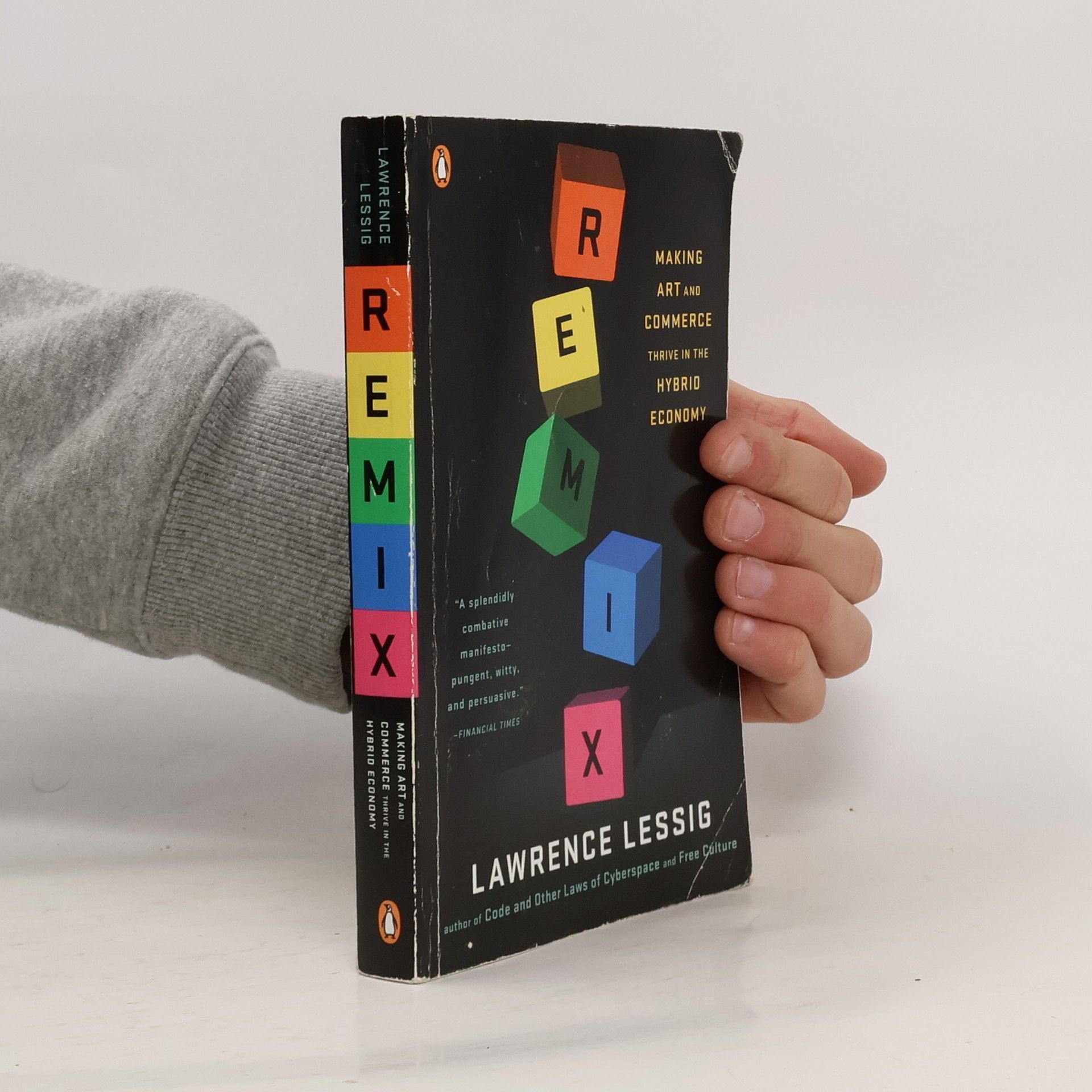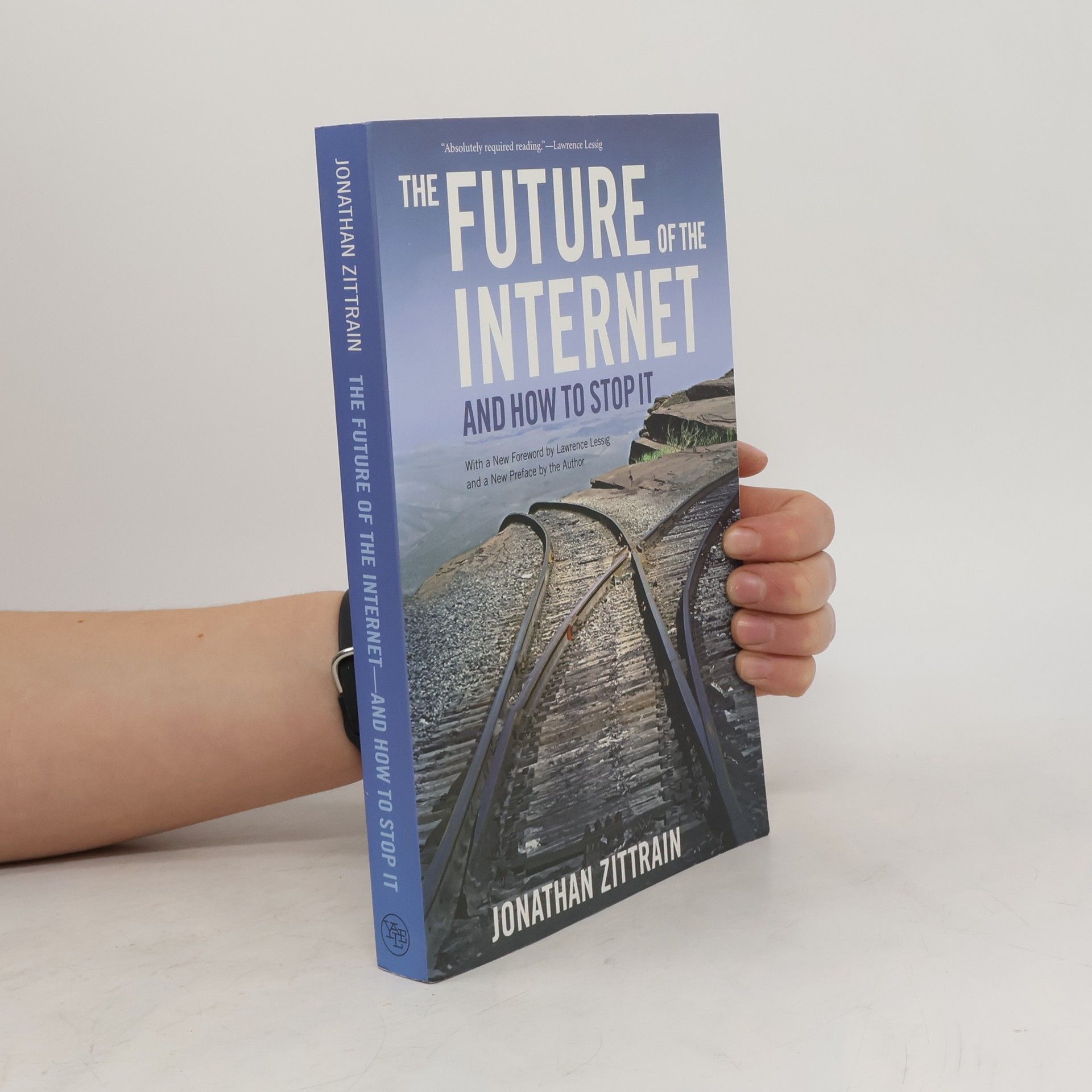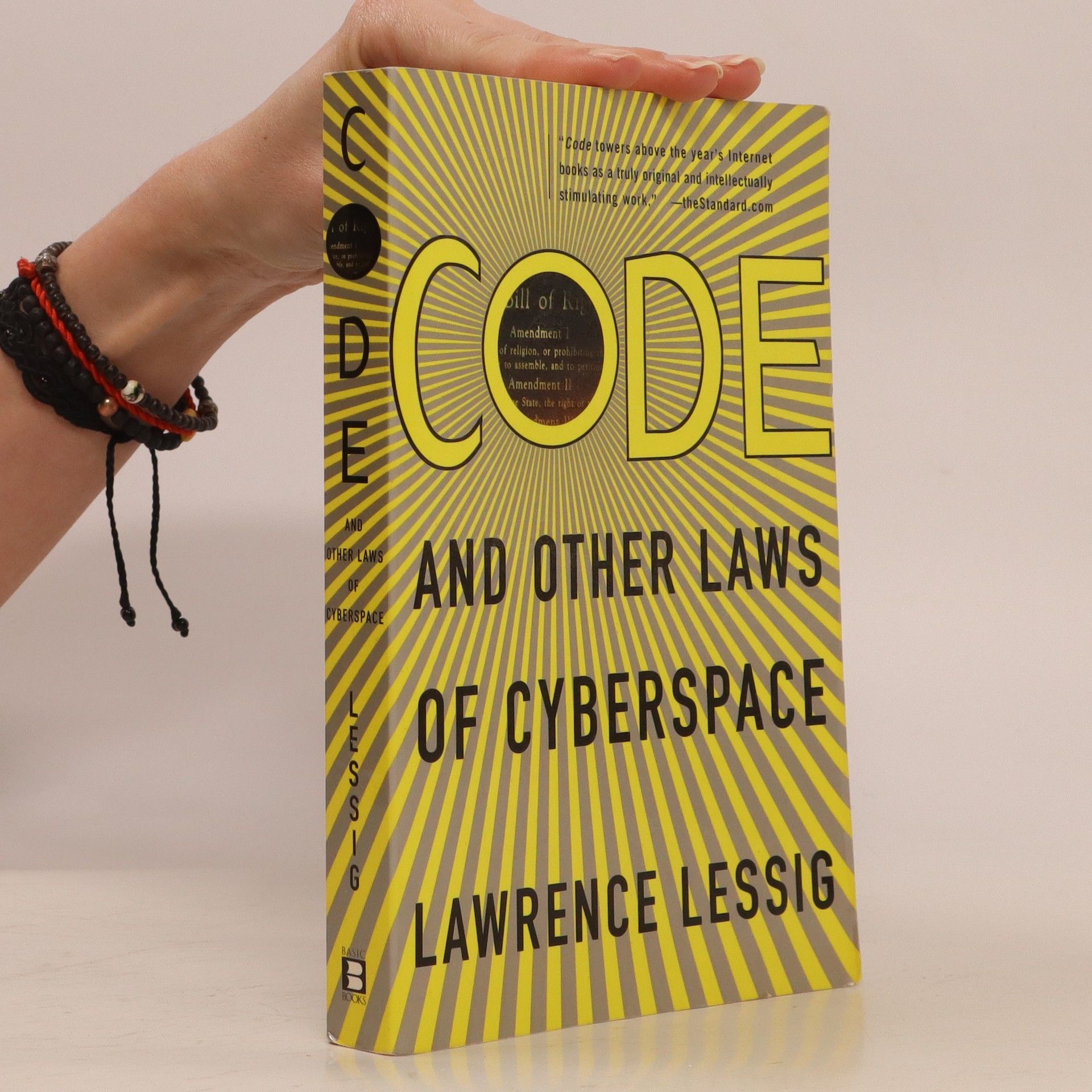The writings of the computer genius and Internet hacktivist whose tragic suicide shook the world.
Lawrence Lessig Libros
Larry Lessig es un académico y activista político estadounidense, célebre por su defensa de la reducción de las restricciones legales sobre derechos de autor, marcas registradas y espectro de radiofrecuencia, especialmente en aplicaciones tecnológicas. Dirige el Centro de Ética Edmond J. Safra en la Universidad de Harvard y es profesor de derecho en la Facultad de Derecho de Harvard. Lessig es miembro fundador de la junta directiva de Creative Commons, reconocido por su compromiso con la apertura y la eliminación de restricciones en el ámbito digital.







Free Culture: the Nature and Future of Creativity
- 368 páginas
- 13 horas de lectura
Lawrence Lessig, “the most important thinker on intellectual property in the Internet era” (The New Yorker), masterfully argues that never before in human history has the power to control creative progress been so concentrated in the hands of the powerful few, the so-called Big Media. Never before have the cultural powers- that-be been able to exert such control over what we can and can’t do with the culture around us. Our society defends free markets and free speech; why then does it permit such top-down control? To lose our long tradition of free culture, Lawrence Lessig shows us, is to lose our freedom to create, our freedom to build, and, ultimately, our freedom to imagine.
There's a common belief that cyberspace cannot be regulated—that it is, in its very essence, immune from the government's (or anyone else's) control. Code argues that this belief is wrong. It is not in the nature of cyberspace to be unregulable; cyberspace has no “nature.” It only has code—the software and hardware that make cyberspace what it is. That code can create a place of freedom—as the original architecture of the Net did—or a place of exquisitely oppressive control.If we miss this point, then we will miss how cyberspace is changing. Under the influence of commerce, cyberpsace is becoming a highly regulable space, where our behavior is much more tightly controlled than in real space.But that's not inevitable either. We can—we must—choose what kind of cyberspace we want and what freedoms we will guarantee. These choices are all about architecture: about what kind of code will govern cyberspace, and who will control it. In this realm, code is the most significant form of law, and it is up to lawyers, policymakers, and especially citizens to decide what values that code embodies.
Code : version 2.0
- 410 páginas
- 15 horas de lectura
"Code counters the common belief that cyberspace cannot be controlled or censored. To the contrary, under the influence of commerce, cyberspace is becoming a highly regulable world where behavior will be much more tightly controlled than in real space." -- Cover.
Zittrain's extraordinary book pieces together the engine that has catapulted the Internet ecosystem into the prominence it has today--and explains that it is sputtering precisely because of its runaway success.
The reigning authority on intellectual property in the Internet age, Lawrence Lessig spotlights the newest and possibly the most harmful culture war?a war waged against those who create and consume art. America?s copyright laws have ceased to perform their original, beneficial role: protecting artists? creations while allowing them to build on previous creative works. In fact, our system now criminalizes those very actions. Remix is an urgent, eloquent plea to end a war that harms every intrepid, creative user of new technologies. It also offers an inspiring vision of the postwar world where enormous opportunities await those who view art as a resource to be shared openly rather than a commodity to be hoarded.
"In the vein of On Tyranny and How Democracies Die, the bestselling author of Republic, Lost argues that our democracy no longer represents us and shows that reform is both necessary and possible"-- Provided by publisher
From two distinguished experts on election law, an alarming look at how the American presidency could be stolen--by entirely legal means "Their new book asks whether a second Trump attempt to subvert democracy could succeed. Their answer makes for uncomfortable reading."--Ed Pilkington, The Guardian Even in the fast and loose world of the Trump White House, the idea that a couple thousand disorganized protestors storming the U.S. Capitol might actually prevent a presidential succession was farfetched. Yet perfectly legal ways of overturning election results actually do exist, and they would allow a political party to install its own candidate in place of the true winner. Lawrence Lessig and Matthew Seligman work through every option available for subverting a presumptively legitimate result--from vice-presidential intervention to election decertification and beyond. While many strategies would never pass constitutional muster, Lessig and Seligman explain how some might. They expose correctable weaknesses in the system, including one that could be corrected only by the Supreme Court. Any strategy aimed at hacking a presidential election is a threat to democracy. This book is a clarion call to shore up the insecure system for electing the president before American democracy is forever compromised.
La Découverte/Poche - 247: Du bon usage de la piraterie
Culture libre, sciences ouvertes
- 196 páginas
- 7 horas de lectura
Dans cet essai très documenté, Florent Latrive met à jour les enjeux de la bataille en cours autour de la propriété intellectuelle. Qu'il s'agisse de musiques ou d'images en ligne, de circulation des savoirs ou de brevets sur les médicaments, il plaide pour une ouverture raisonnée et contre le tout juridique. Au lieu de criminaliser tous les « pirates » sans distinction, établissons un régime équilibré de l'immatériel. Où créateurs et public ne seront plus soumis aux diktats des intermédiaires et producteurs.

